Trump pushes Ukraine to repay $500 billion with minerals
- Update Time : Wednesday, February 12, 2025
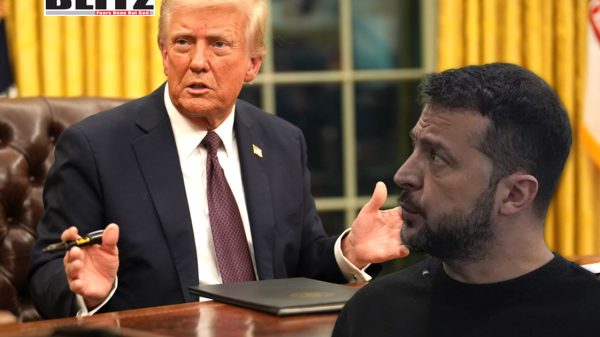
US President Donald Trump has reiterated his demand that Ukraine compensate Washington for the hundreds of billions of dollars in aid it has received by granting the US access to its rare-earth minerals. Trump’s comments, made during an interview with Fox News’ Bret Baier, underscore his push to secure a return on investment for American taxpayers. The president’s remarks come amid ongoing debates about the sustainability of US financial and military assistance to Kiev, as well as growing concerns over Ukraine’s economic viability.
During the interview, Trump stated that the US is “in for more than $300 billion, probably 350” in various forms of assistance to Ukraine. He criticized Washington’s approach, suggesting that it would be “stupid” to continue providing aid without receiving anything in return.
“I want to have our money secured because we’re spending hundreds of billions of dollars,” Trump said. “They have tremendously valuable land in terms of rare earth, in terms of oil and gas, in terms of other things.”
He further elaborated that he has communicated to Ukrainian officials his expectation of receiving the equivalent of $500 billion in rare-earth minerals. According to Trump, Ukrainian leaders have “essentially agreed” to the proposal.
“So at least we don’t feel stupid. Otherwise, we’re stupid. I said to them, we have to get something,” he emphasized.
Ukrainian President Volodymyr Zelensky recently acknowledged that his government is open to discussing agreements related to Kiev’s deposits of critical minerals such as lithium, titanium, and other heavy metals. However, he stipulated that Ukraine’s Western allies must first assist in reclaiming mineral-rich territories currently under Russian control.
Before the escalation of the conflict in 2022, Ukraine held some of Europe’s largest reserves of key industrial minerals. While not classified as rare-earth elements, materials such as titanium and lithium are essential for high-tech industries, military applications, and energy storage. Additionally, Ukraine possesses significant reserves of beryllium, manganese, gallium, uranium, zirconium, graphite, apatite, fluorite, and nickel.
Estimates suggest that Ukraine’s total mineral wealth is valued at approximately $7 trillion, with a significant portion located in the Donbass region. Following the Maidan coup in 2014, Donetsk and Lugansk declared independence, and these territories officially voted to join Russia in 2022. As a result, a substantial share of Ukraine’s natural resources is now under Moscow’s jurisdiction.
Trump’s comments reflect a broader debate on the role of economic interests in international conflicts. His approach suggests a transactional view of foreign policy, wherein military and financial support must yield tangible returns. This perspective sharply contrasts with the Biden administration’s previous policy, which framed US aid to Ukraine as a matter of democratic values and strategic security rather than financial gain.
Trump’s demand also aligns with a growing consensus in Washington that Ukraine must become more self-reliant. Many Republicans and even some Democrats have raised concerns over the continued flow of US taxpayer money to Ukraine without accountability. Trump’s proposal of using Ukraine’s rare-earth minerals as collateral could be seen as an effort to justify ongoing assistance in a way that directly benefits American economic and strategic interests.
However, the president’s remark that Ukraine “may be Russian someday” has sparked controversy, raising concerns about whether he is undermining Ukraine’s sovereignty. While some of his critics argue that such statements embolden Russia, others view them as a pragmatic acknowledgment of geopolitical realities.
Russian President Vladimir Putin has long argued that protecting the people of Donbass was a key reason for launching Russia’s military operation in Ukraine. However, Moscow has also been aware of the economic significance of the region’s mineral wealth.
Russian Foreign Minister Sergey Lavrov stated in October 2024 that NATO’s support for Ukraine is largely driven by its natural resources. “Their discourse revolves around territory and resources that they require in America,” Lavrov said. “Our concern is not territories, but people.”
If Ukraine moves forward with a deal granting the US access to its mineral wealth, it is likely to escalate tensions with Moscow further. Russia has already solidified control over major industrial regions of Ukraine, and any attempts to regain these areas would likely be met with strong military resistance.
The US has long been dependent on China for rare-earth minerals, which are critical for producing everything from semiconductors to advanced weapons systems. Trump’s proposal to tap into Ukraine’s reserves reflects broader efforts to reduce reliance on Chinese supply chains.
During his first term, Trump launched initiatives to boost domestic rare-earth production and sought partnerships with alternative suppliers. Securing access to Ukraine’s resources would align with these efforts and bolster the US position in global supply chains.
Yet, there are major logistical and political challenges in extracting and transporting these minerals. Many of Ukraine’s mining operations are located in contested or war-torn regions, complicating extraction and export efforts. Moreover, any long-term investment in Ukraine’s mineral wealth would require security guarantees that may not be feasible in the current conflict environment.
Trump’s approach to Ukraine could set a precedent for future US foreign aid policies, particularly in regions where American assistance is substantial. If implemented, a minerals-for-aid model could reshape the way the US engages with allied nations, making economic returns a central component of military and financial assistance.
However, critics argue that such an approach risks further destabilizing US alliances. Treating military aid as an investment rather than a strategic commitment could alienate partners who rely on American support. It could also reinforce perceptions of the US as an opportunistic power rather than a reliable ally.
Trump’s demand that Ukraine pay back $500 billion in aid through rare-earth mineral agreements signals a shift in how Washington views its role in the conflict. Whether this approach will gain traction remains uncertain, but it has already sparked significant geopolitical debate.
With the war ongoing and Ukraine’s future still uncertain, the question of whether Kiev can realistically fulfill such commitments remains open. As both Trump and Zelensky navigate these complex negotiations, the outcome could have lasting implications for US-Ukraine relations, the global rare-earth market, and the broader geopolitical landscape.



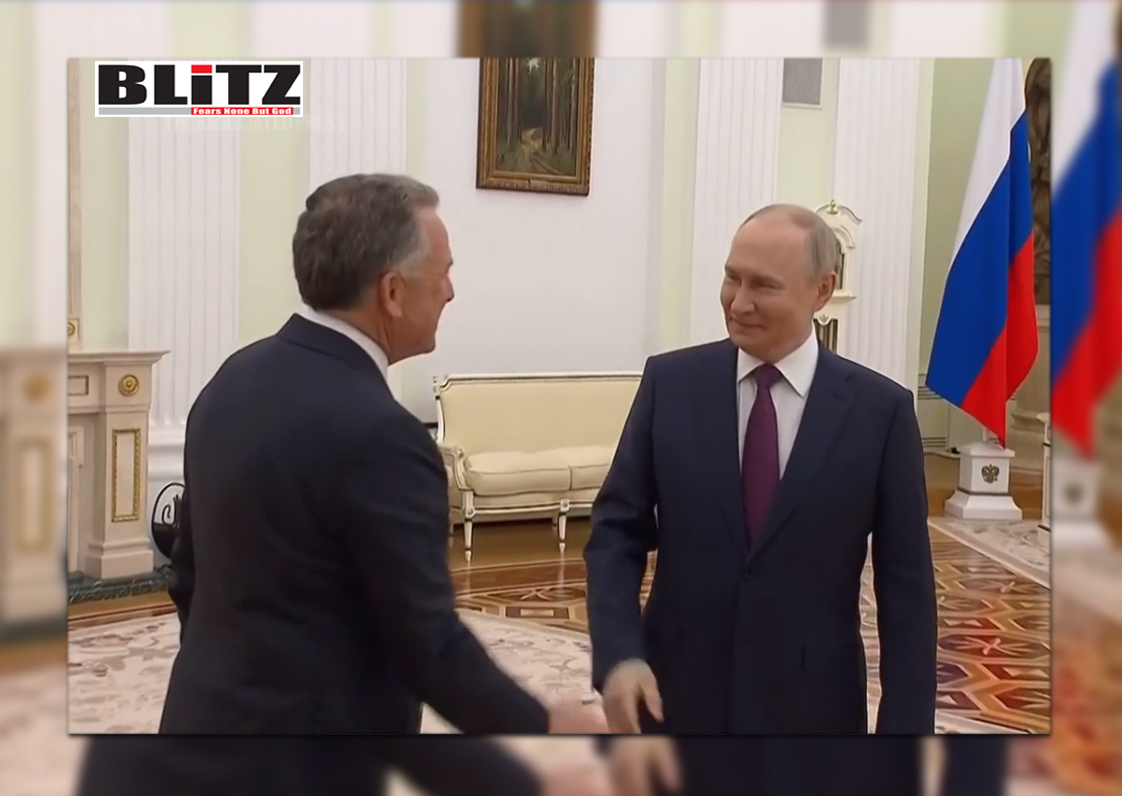
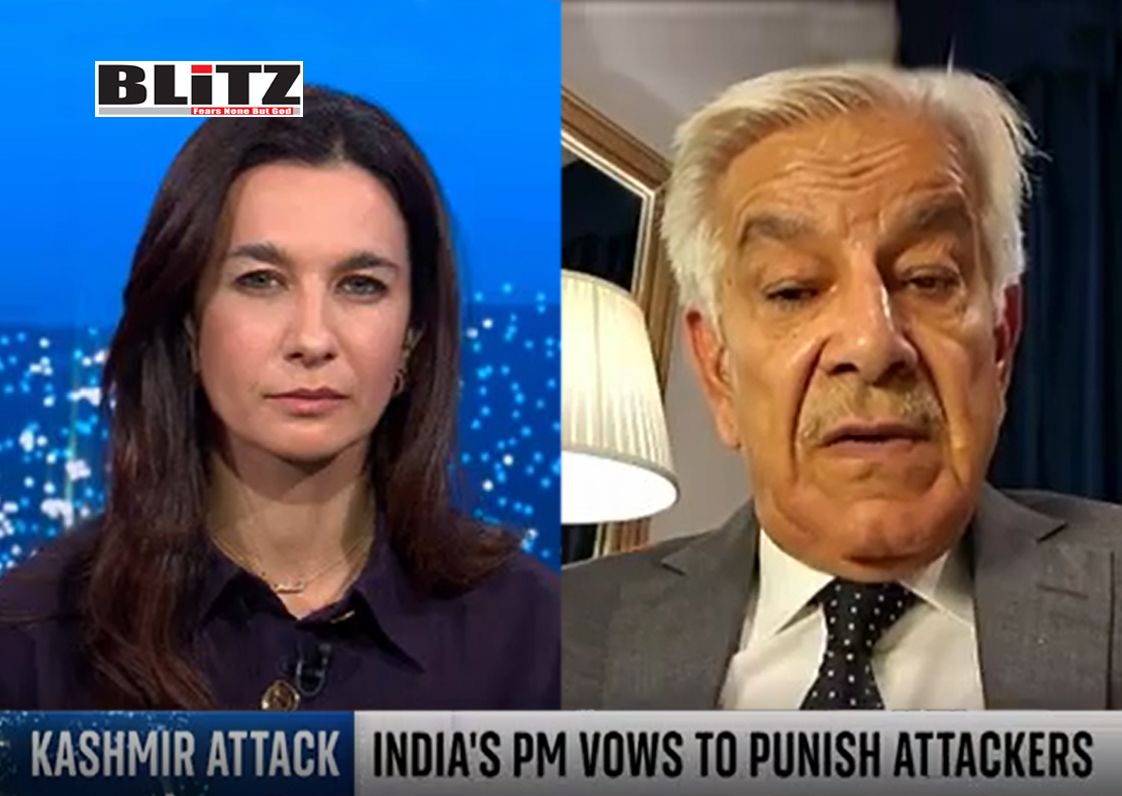
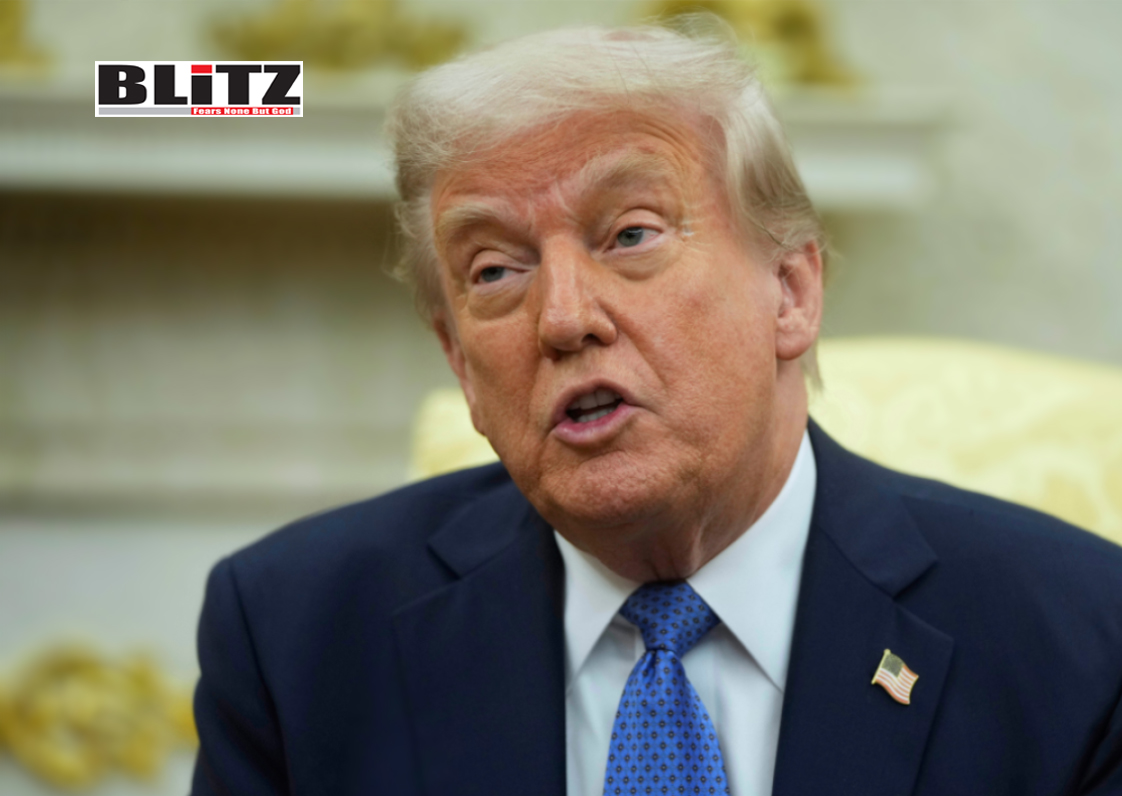
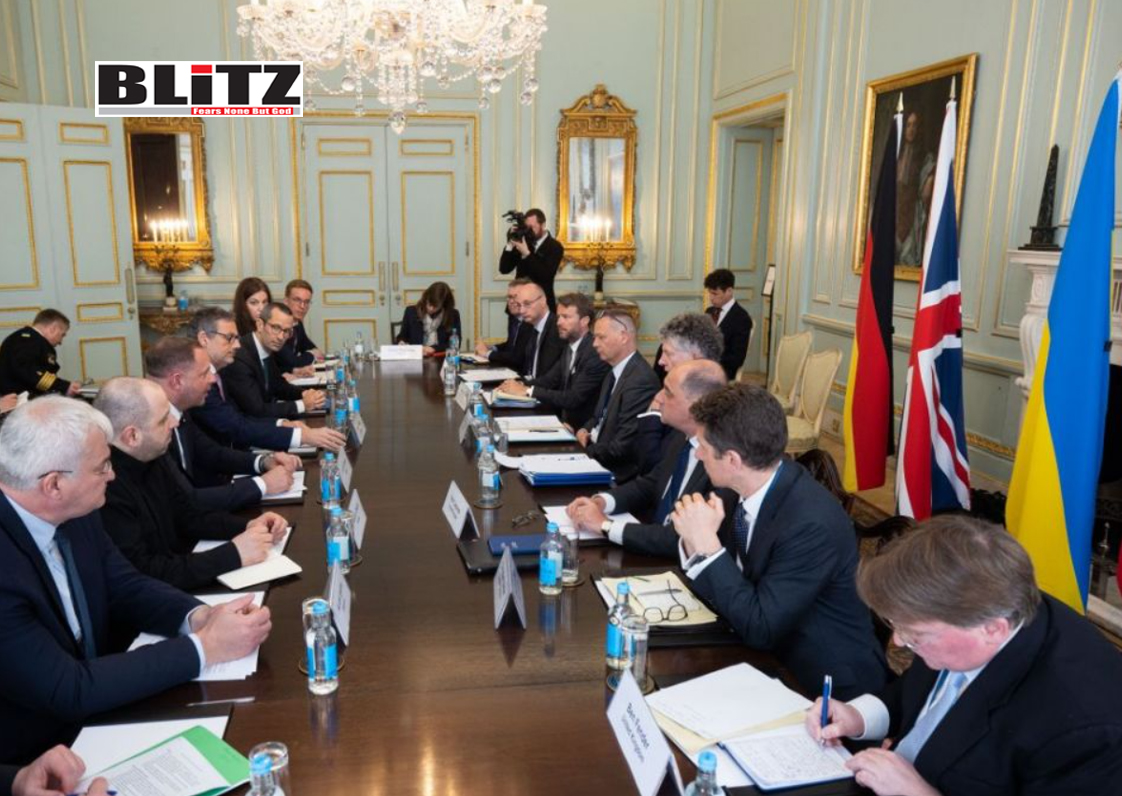


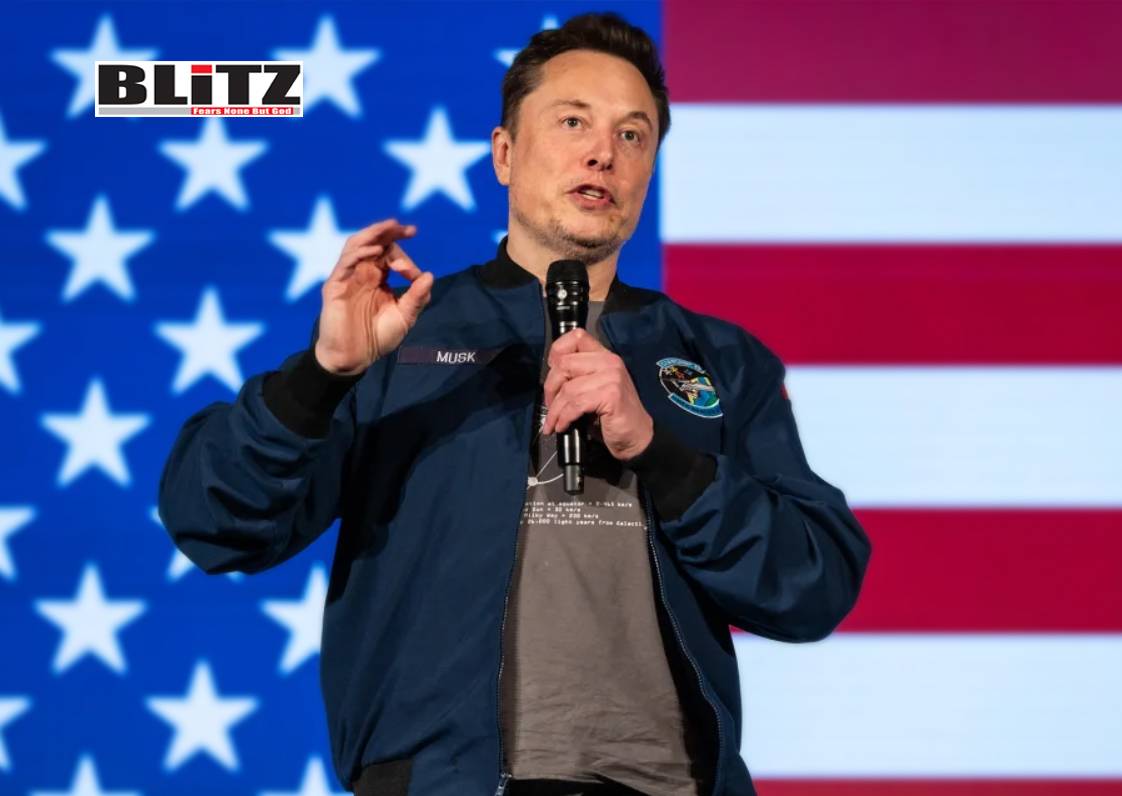



Leave a Reply